MINNEAPOLIS –When the Vikings faced adversity in losing key players to injuries, Head Coach Mike Zimmer said the team would find a way to be successful.
Long before any players set foot on the field of their new home, however, the U.S. Bank Stadium project team adopted their own version of "find a way" when tackling workforce and business participation goals that initially appeared daunting.
By the end of construction, the project team **had exceeded those goals**. A program was held last week to recognize businesses that helped exceed lofty benchmarks.
"None of this could have happened on its own," said Alex Tittle, who worked as equity director for the Minnesota Sports Facilities Authority. "It took the legislature; it took the contractor; it took architects; it took leaders from all walks of our state to make sure that the equity program has been successful."
Tittle, who was appointed to his role in 2013, said Thursday's event marked "the sunset that reflects the long hours and hard work by all of us."
Barbara Butts-Williams, Vice Chair of the MSFA, said she is optimistic and hopeful that women- and minority-owned business will continue to grow and thrive in the State of Minnesota.
"The alignment of vision and purpose was clear from the very start, and to exceed the goals that we set was exceptional," Butts-Williams said.
Elected officials present for the program included Governor Mark Dayton and Senator Bobby Jo Champion. The Vikings were represented by Chief Operating Officer Kevin Warren and by Executive Vice President of Public Affairs & Stadium Development Lester Bagley.
View images from the 2016 U.S. Bank Stadium Equity Awards where the Vikings and the MSFA recognized U.S. Bank Stadium businesses for exceeding equity goals.

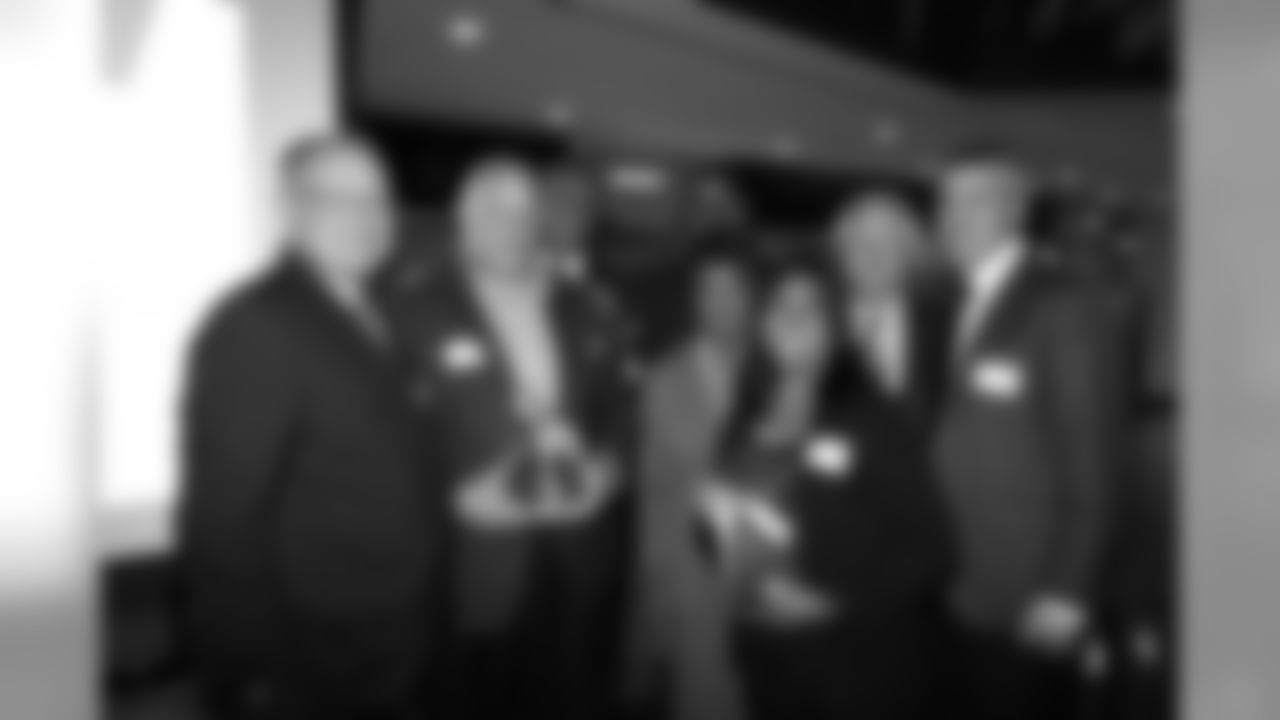







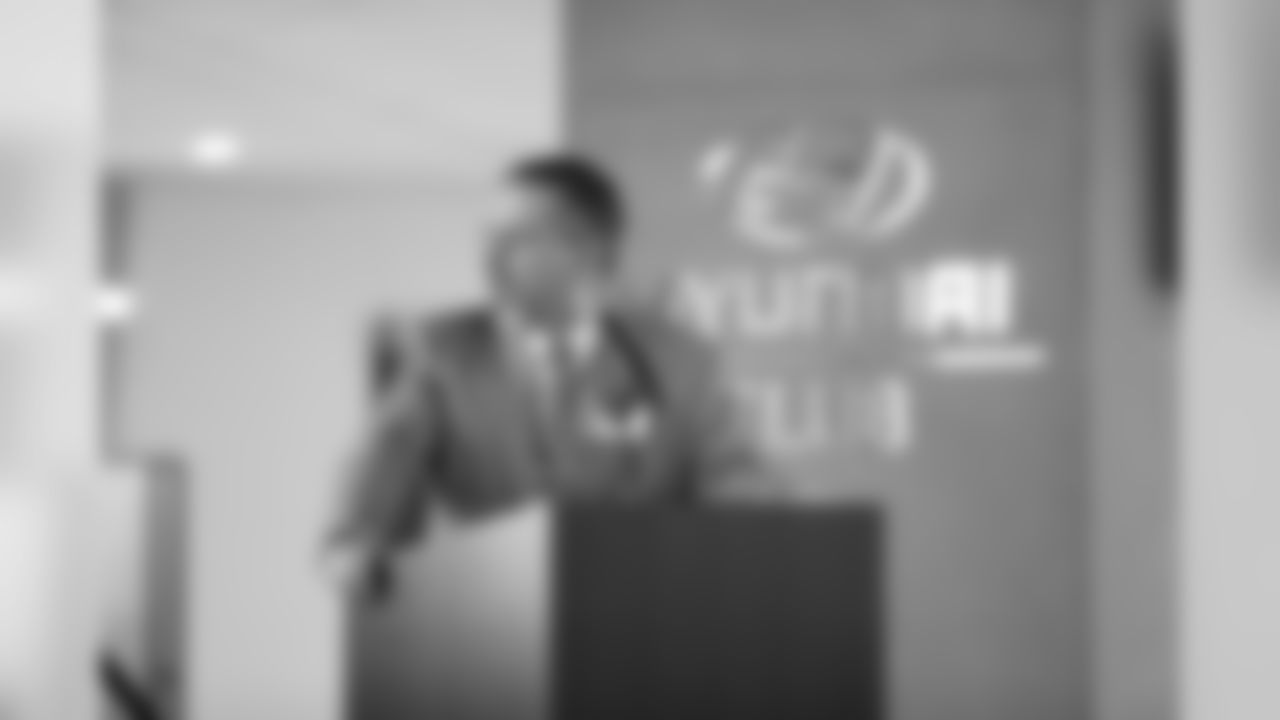
























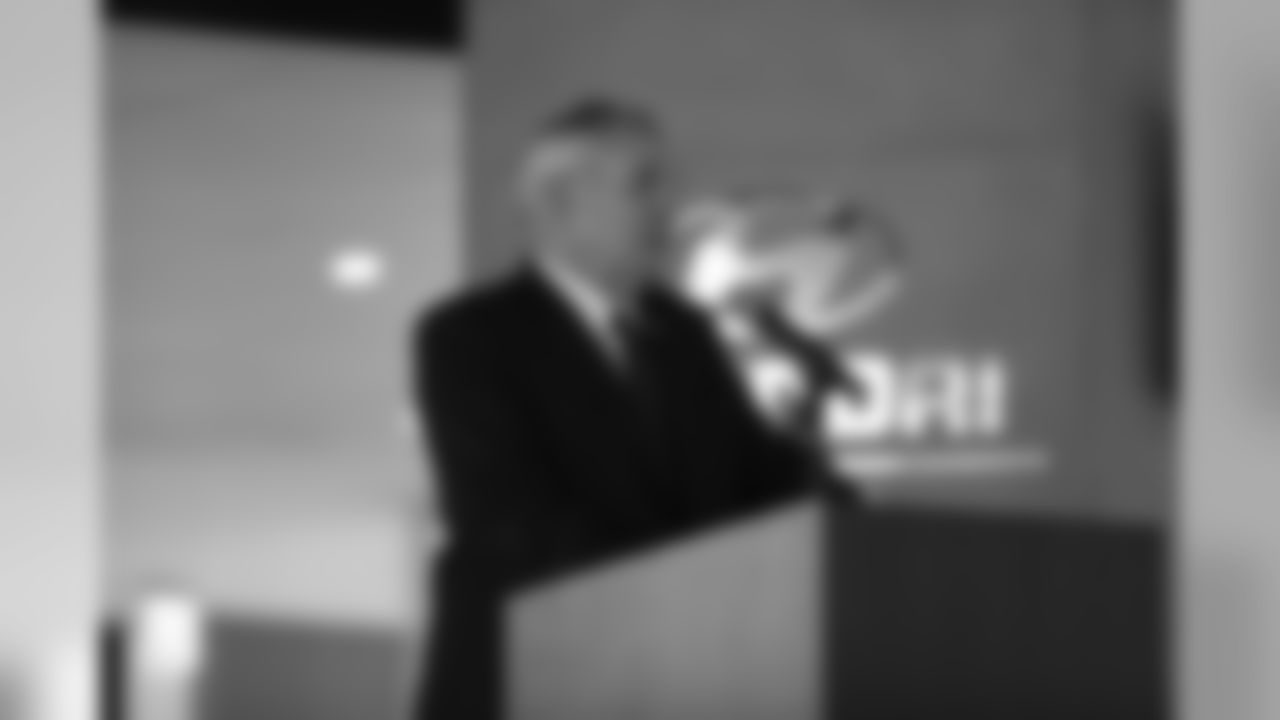





































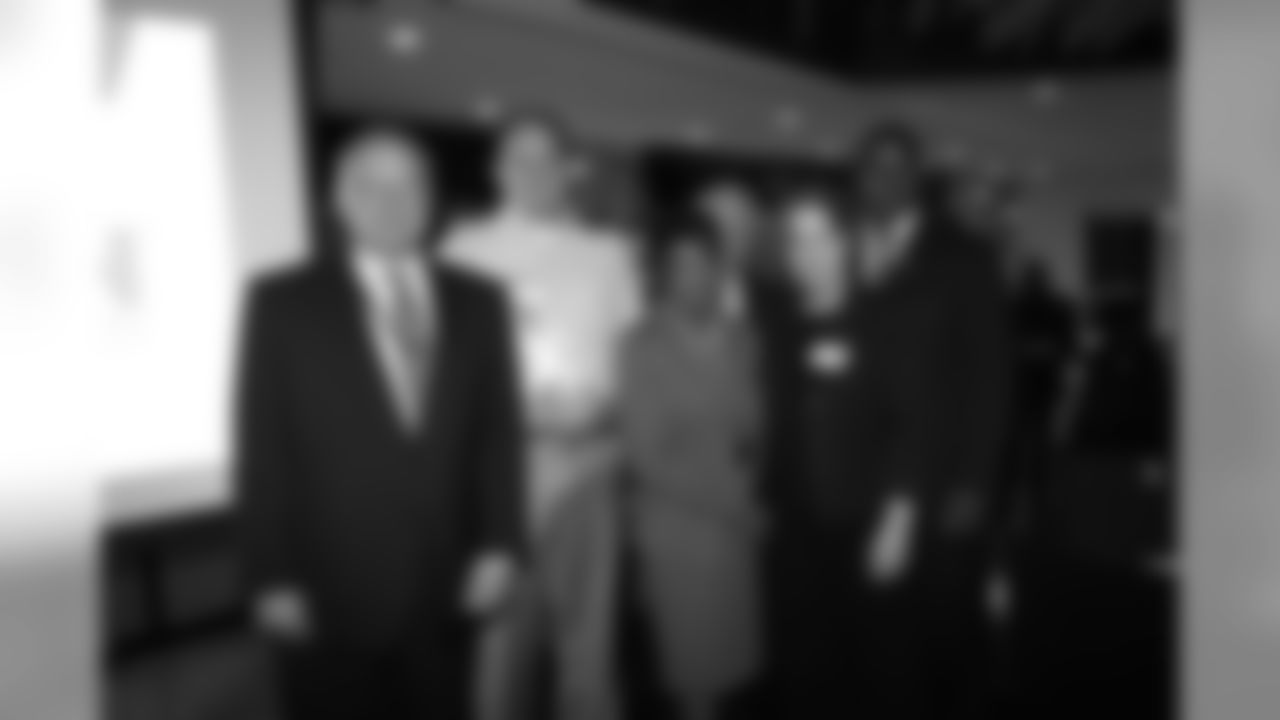






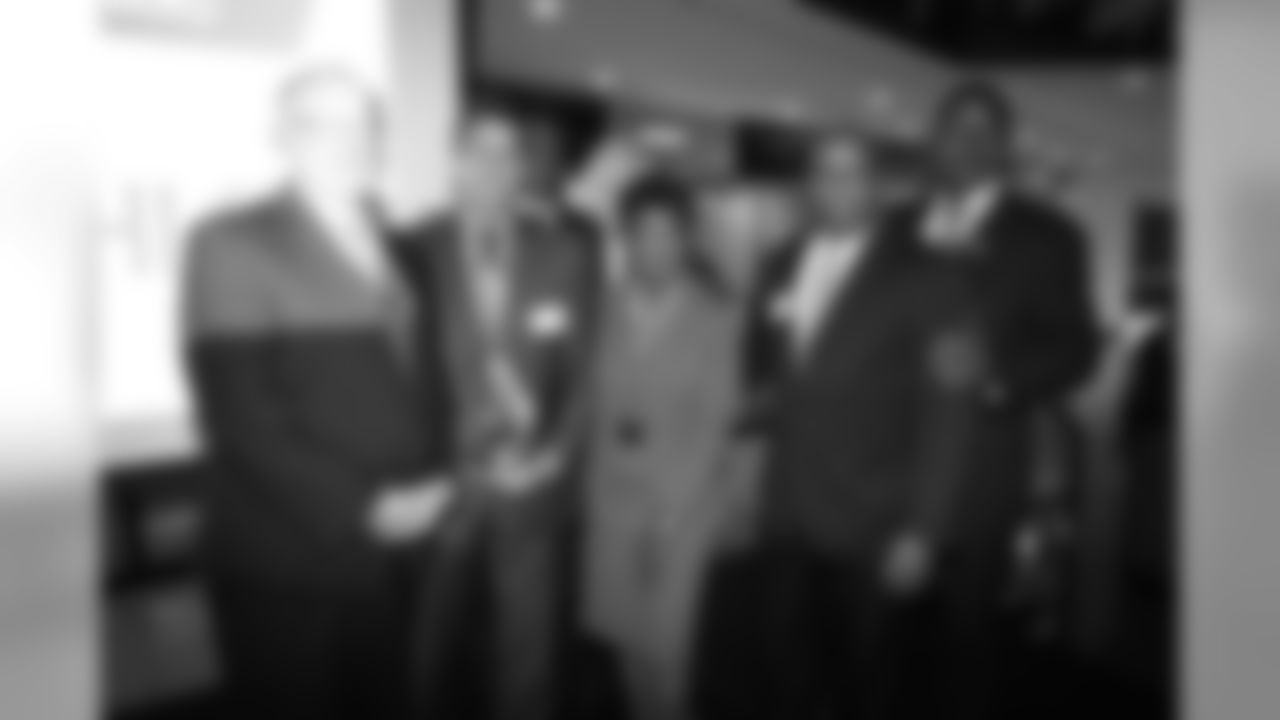

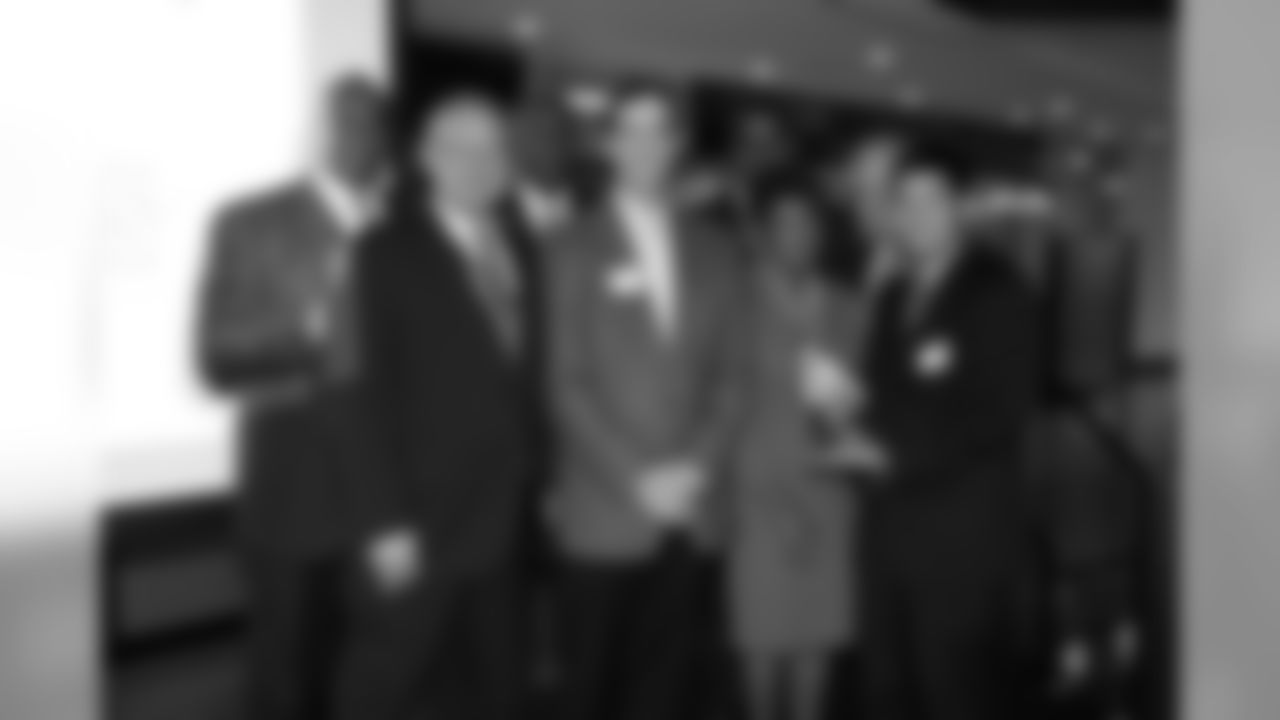


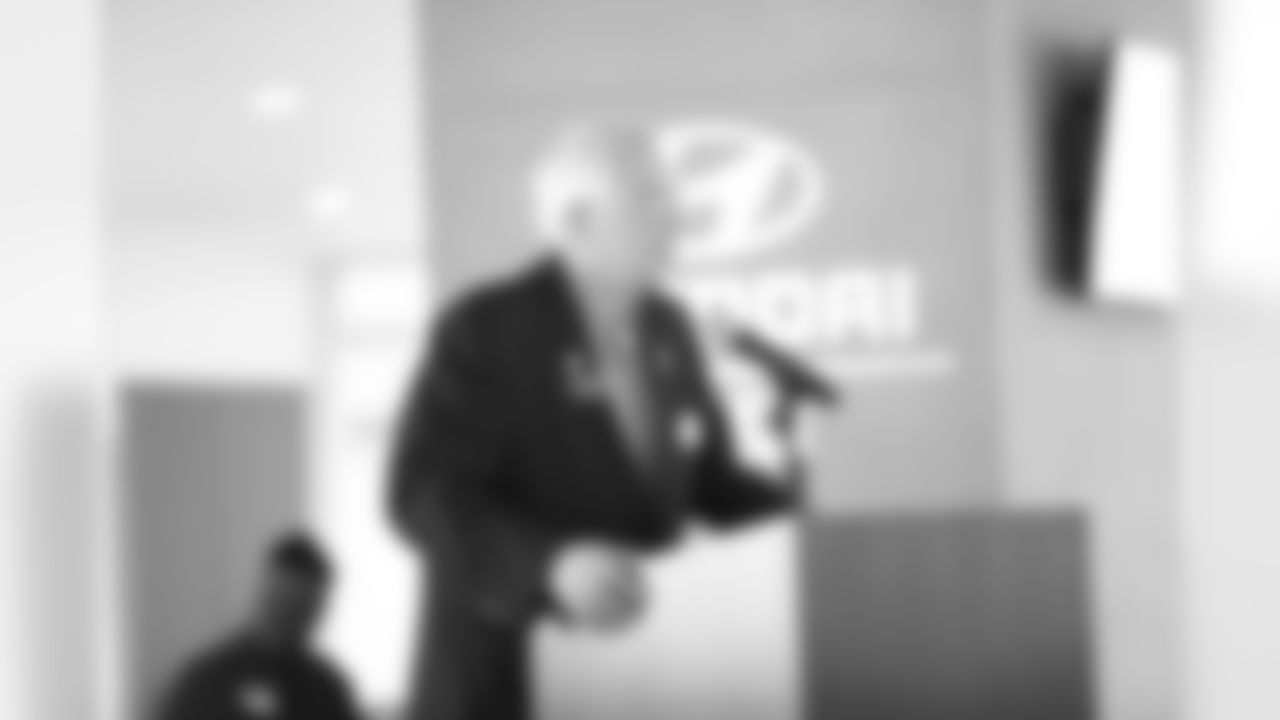
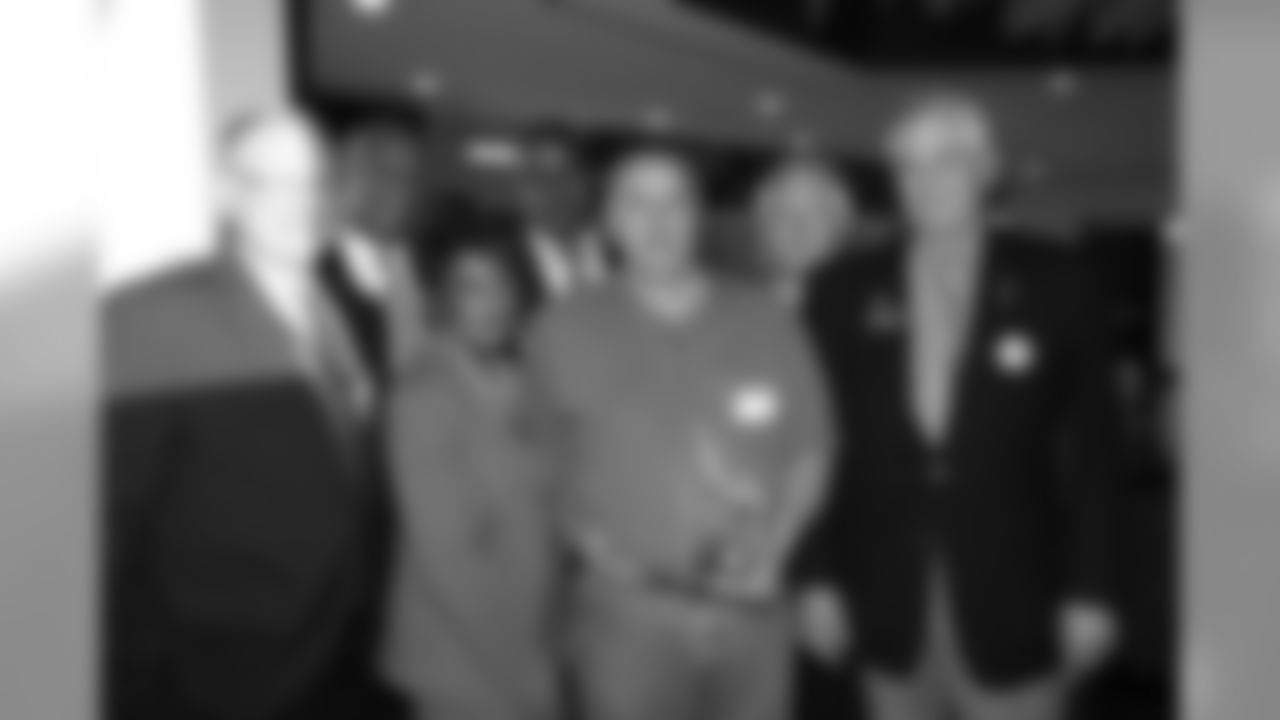


"I just want to thank everyone who believed in this project," Warren said. "It would have been so very easy from day one just to say, 'These goals have never been reached before. They have never even been set this high before. Why do we need to even attempt to do it?' "
Warren offered specific gratitude to Bagley as well as Ted Mondale and Michele Kelm-Helgen from the MSFA for their mentality to set lofty equity goals at the outset of the stadium plan. Warren also emphasized the role the Wilf Family Ownership of the Vikings played in making it all possible.
"I'd really like to commend the Wilf family [for standing] by us in all of these things," Warren said. "At the end of the day, they really wanted to do something that was special for the State of Minnesota, for the citizens of Minnesota and to do something that would set us apart from any other State or public-private partnership."
Warren went on to say he was proud of the State of Minnesota for finding a way to succeed just like the Vikings have found a way to succeed.
"We don't want to hear any more excuses – we want to see people make it happen," Warren said. "This project has set the tone, it has set the foundation that when people – regardless of race, color, religion, background, economic situation – come together to do what's right, that you can make a difference."
Equity goals set by the state and the City of Minneapolis called for at least 32 percent of the workforce to be minorities and six percent women. The project finished with 37 percent minority participation, nine percent women.
On the business side, the goals were nine percent minority-owned businesses participation and 11 percent women-owned companies. Actual rates were 11 percent minority-owned and 15 percent women-owned businesses, according to the MSFA.
"When I look at this stadium, I see not just the people's stadium, but I see a stadium or a house that equity built," Champion said. "That we look at those numbers, that that's real-time information. That means that there are families who were able to have the opportunity to go forward and to have some place to live.
"It is amazing what we can do when we put our minds together," Champion added. "When we put our energies [into] the same direction."
Champion said he believes the U.S. Bank Stadium project will work as a springboard moving forward, as a benchmark for equity goals of additional workforce efforts. Governor Dayton echoed Champion's thoughts as he congratulated all who were being recognized at the program and said he believes that the stadium project effectively set a standard for future Twin Cities construction projects."
"It just proves that there's a workforce available here who can build a magnificent stadium on time, on budget and in a way that involves all of the members of our community," Dayton said.
Noted by Tittle, construction projects will sometimes outsource to companies out of state, but the workforce and businesses used in construction of U.S. Bank Stadium were almost entirely Minnesota based.
"We have the workforce here; we don't need any assistance," Tittle said. "We don't need anybody – we can do it, and we've shown that we can do it. That alone is something we should be proud of."
The following awards were given to individuals and businesses to recognize their efforts in exceeding the stadium project's equity goals.
Impact Player Award
• Wanda Kirkpatrick, Director of Office of Diversity and Equal Opportunity, Metropolitan Council
• Aaron Koski, Assistant Director of Equal Opportunity, Metropolitan Council
• Kevin Lindsey, Commissioner of the Minnesota Department of Human Rights
Workforce Excellence
• Lejeune Steel Company
Employment Assistance Firm Recognition
• Summit Academy
• Build Minnesota
Special Teams Recognition
• Ames Construction
Outstanding Partnership
• Ryan Companies
Design Firm Inclusion
• HKS Architects
MBE Rising Star
• EVS
WBE Rising Star
• Danny's Construction Co.
VBE Rising Star
• Bald Eagle Erectors
Most Valuable Player
• Mortenson Construction
• Thor Construction













